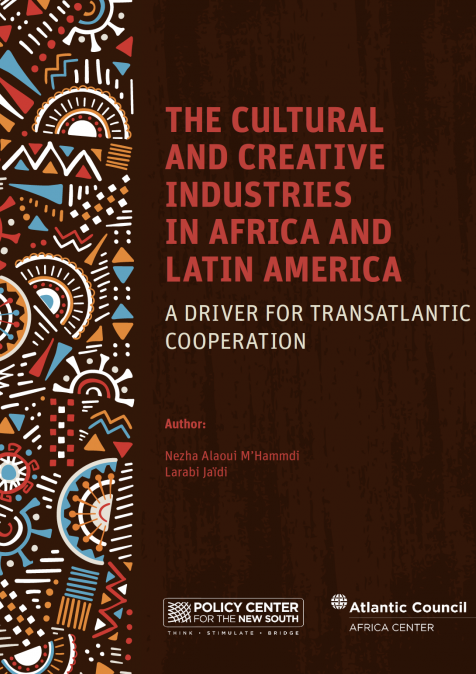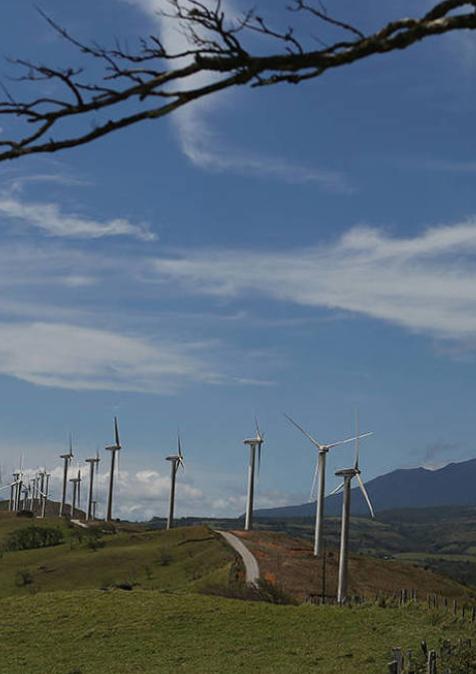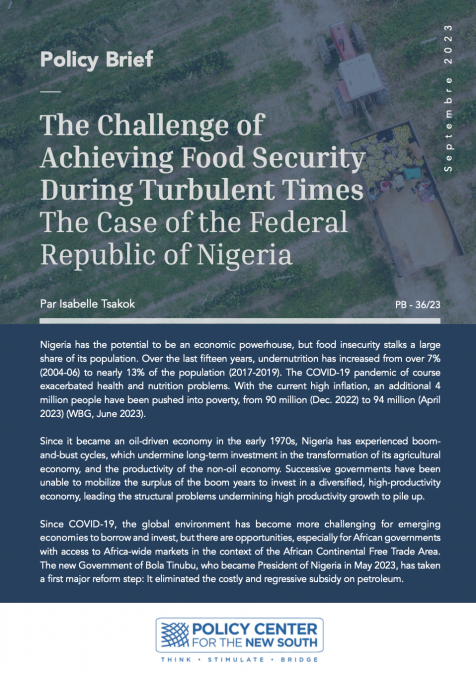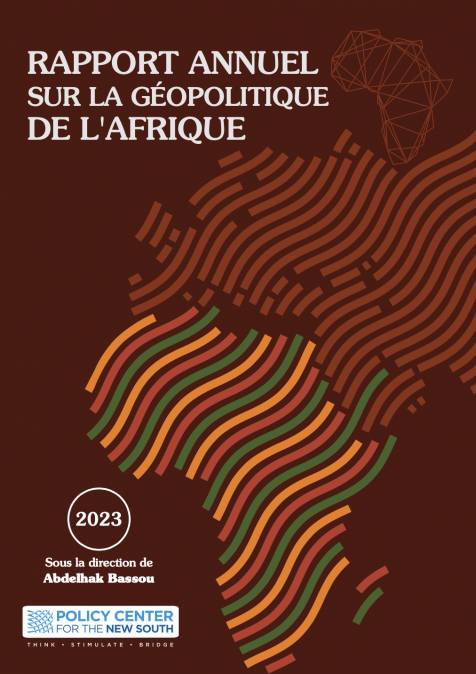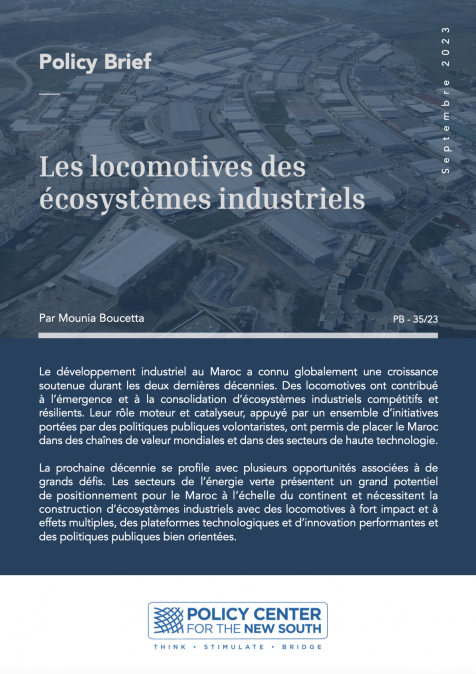Publications /
Book / Report
This joint Bruegel-OCP Policy Center publication comprised of four policy contributions from researchers of both institutions is the result of the establishment of “Platform for Advanced & Emerging Economies Policy Dialogue.” The first edition of this continuous dialogue took place in Rabat on April 1st 2016 under the theme of “Seven Years after the Crisis: Intersecting Perspectives.”
In the first paper, “Youth Unemployment in the Mediterranean Region and its Long term Implications”, written by Nuria Boot, Karen E. Wilson and Guntram B. Wolff, the focus is on the correlation between youth unemployment in the Mediterranean region and the problems that this leads to in Europe as a whole.
The second paper, “Energy Across the Mediterranean: A call for Realism”, by Simone Tagliapietra and George Zachmann, advises the European Union to draw lessons from two decades of unproductive regional cooperation attempts.
Karim El Aynaoui, Uri Dadush, Karim El Mokri and Rim Berahab contributed with the paper “The Unmet Challenge of Interdependence in the EU-MENA space: A View from the South”. They examine bilateral relations between Europe and the Arab world, especially as they relate to trade, migration, investment, and energy.
In “Industrial Policy, Structural Change and Global Value Chains Participation: A Case Study of Morocco, Tunisia and Egypt”, Abdelaaziz Ait Ali and Yassine Msadfa use two methods to analyse the pace of structural transformation (the positive change in manufacturing capability) in Morocco, Tunisia and Egypt.




